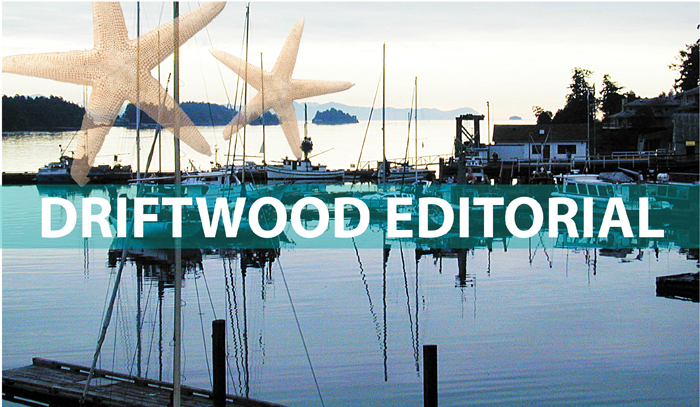Getting the public interested in updating the Islands Trust Policy Statement has seen a familiar scenario unfold.
Most such “big picture” government projects start with some general information being released and the launch of a survey. Everyone is invited to provide their input. People who follow that particular corner of governance will immediately respond to advertisements and stories calling for “engagement,” while the rest of the population will not. Most working people, especially, do not have the time to “engage” unless they are told it is imperative to prevent something negative from happening in their life.
That is what has occurred once again with the Islands Trust Policy Statement (TPS) process, which began two years ago with an initiative called Islands 2050. Booths were set up at the Salt Spring Fall Fair and events held on other islands in 2019. Trust staff even rode Gulf Islands ferries for four days to try to raise public awareness. An online survey was widely publicized through social media and in print publications.
Updates have been provided at Islands Trust Council meetings in the intervening months, but it wasn’t until a first draft of a new policy statement was seen on June 15 that the alarm bells started ringing, as they inevitably always do with Islands Trust initiatives.
While some of the information circulating was clearly not correct — having a bylaw set to receive first reading is nowhere near the end of a process and does not make it a “done deal” — more island residents and property owners are now paying attention to the TPS. That’s a good thing.
It’s easy to be critical and say that people should have paid attention and provided input two years ago, but that is not fair nor rational. And despite the fact that first reading is normally the beginning of a process soliciting public feedback, the TPS is not an average land-use bylaw affecting one property or part of an island. It does have broader implications for all of the islands and their residents, as well as First Nations.
The reality is that it probably won’t make a difference whether or not the document bylaw receives first reading on July 8 or later this fall. But with a public now attuned to the contents of the document, going slow and steady with ears open to island communities and First Nations will be more likely to help the Trust win the policy statement race.

